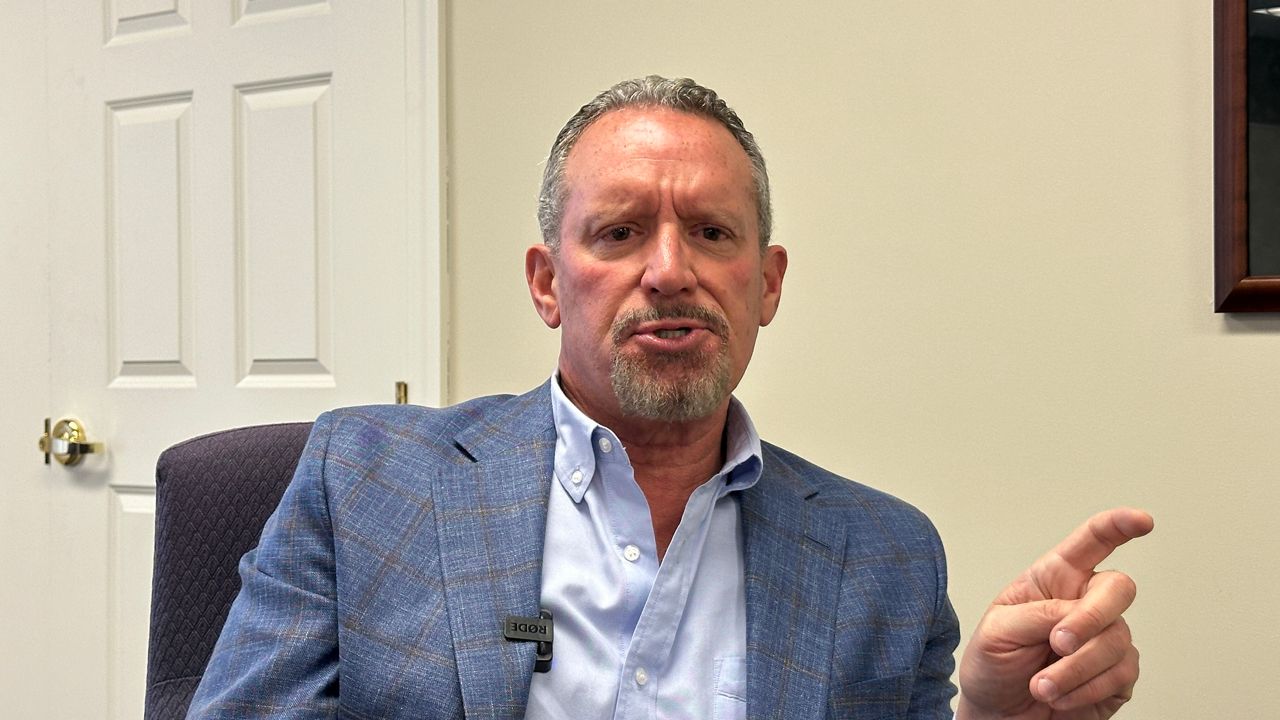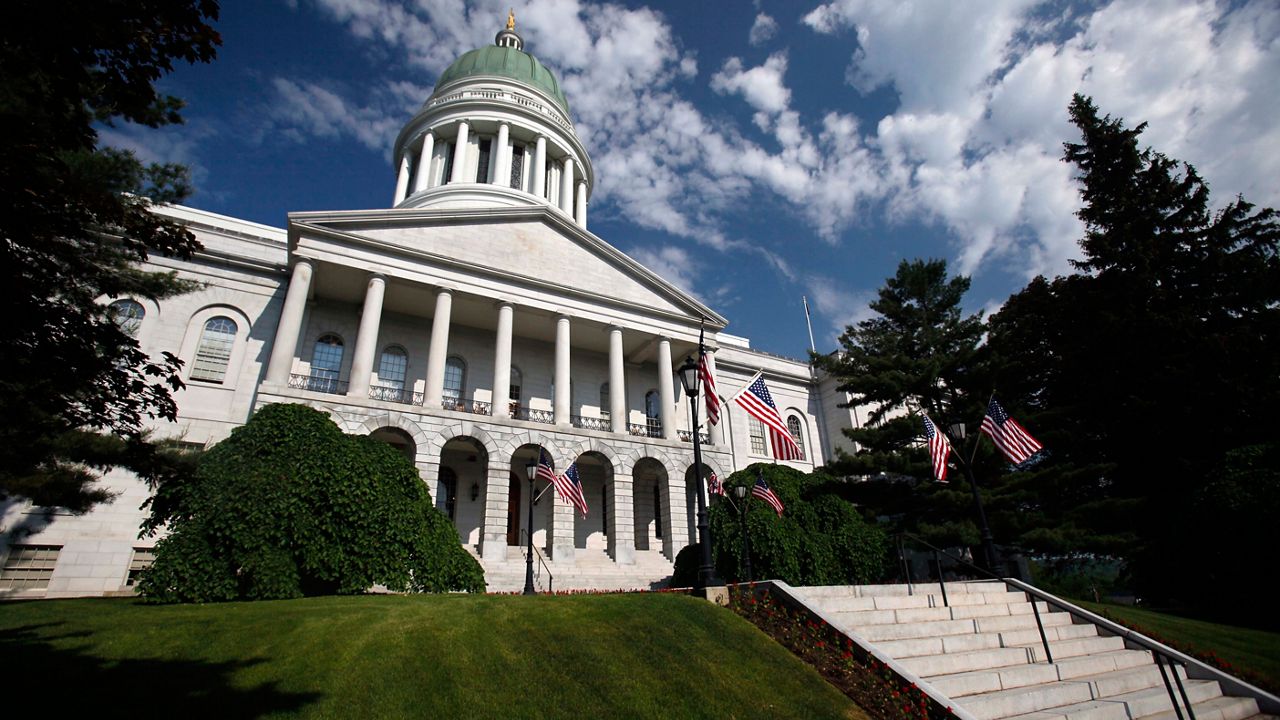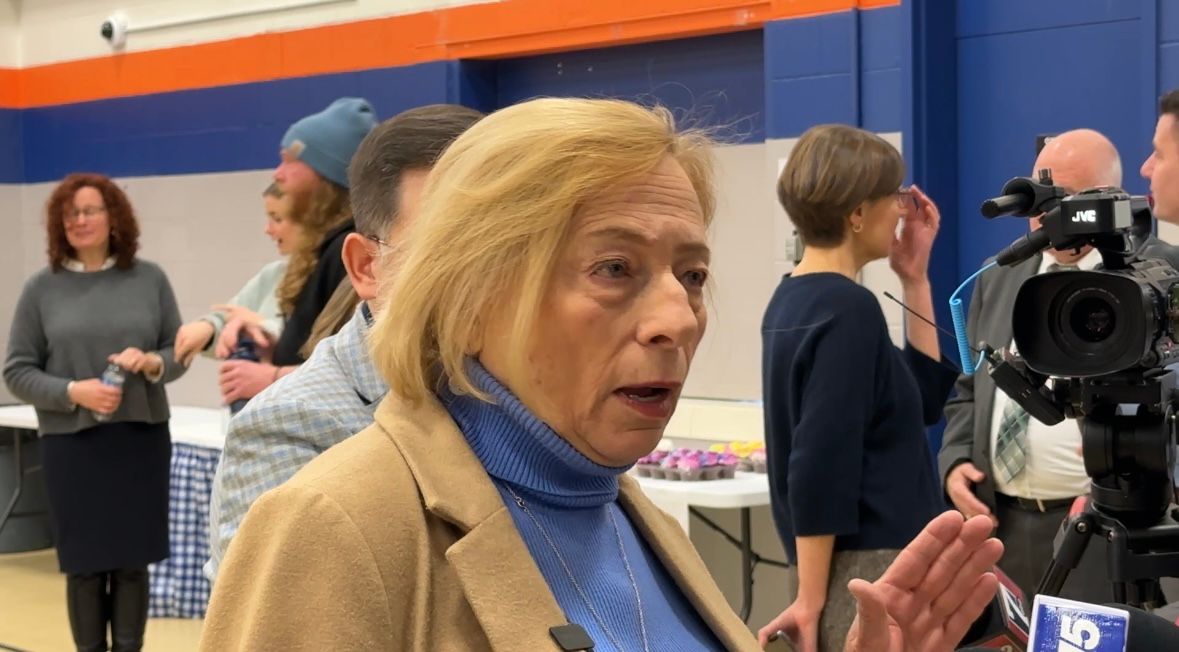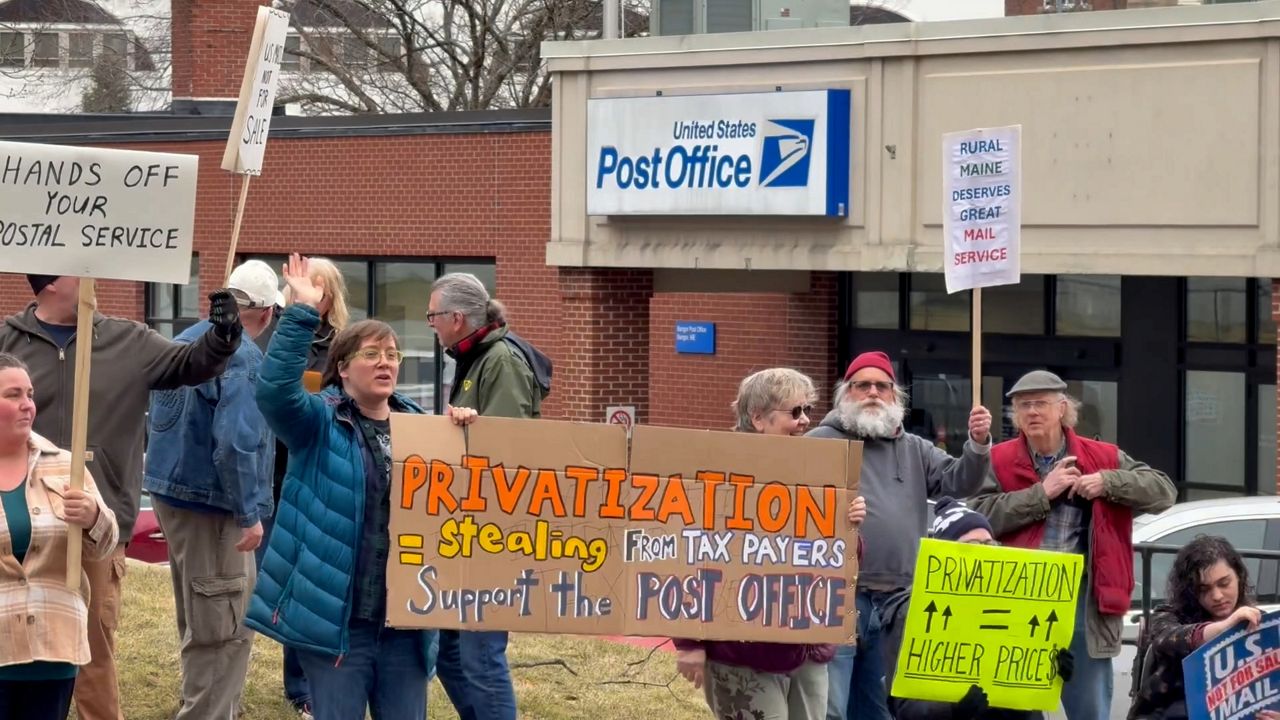AUGUSTA — As the impasse over a budget to support MaineCare payments drags into its fifth week, the head of the state hospital association is warning that small rural facilities may be forced to shut down for lack of funds.
Steven Michaud, president of the Maine Hospital Association, said Monday hospitals have struggled for the last five years, starting with the COVID-19 pandemic and continuing until today.
Add to that a $118 million shortfall in state funding for MaineCare, the state’s Medicaid program, and some hospitals are on the brink.
“We have a few hospitals we are extremely worried about even making it to July,” he said.
Last week, the Maine Senate fell short of reaching the two-thirds necessary to pass an emergency budget to fill the gap. The budget passed the House with GOP support, but Republicans in the Senate said they want significant reforms to the MaineCare program before they will support a new funding bill.
On Friday, Democrats announced a new proposal, combining the $118 million allocation with what they call a “continuing services budget.”
The budget proposes to fully fund education at 55%, implement cost of living adjustments for direct care workers, continue free community college for students already enrolled and set aside $2 million to protect the state’s forests from spruce budworm.
It does not cut services or propose tax increases.
In a statement, Senate President Mattie Daughtry (D-Brunswick) called it a foundation that allows the Legislature to move forward.
“It ensures that partisan fights will not shut down our state,” she said. “A continuing services budget maintains the state’s vital operations, protects healthcare access and ensures stability for Maine.”
Republicans blasted the proposal, saying that they were not given adequate notice by Democrats that a new proposal was in the works.
“It’s now crystal clear why Democrats refused to reach an agreement or compromise,” Senate Minority Leader Trey Stewart (R-Presque Isle) said in a statement. “While claiming to be engaged in good-faith negotiations, Democrats were secretly crafting their own budget.”
Meanwhile, hospitals large and small are stuck in the middle while the battle plays out at the State House.
Michaud said he expects larger hospitals to experience “a few painful months” but that some smaller facilities may not be able to wait for the funds that help them cover payroll and other bills.
“The ones we are most concerned about are very small, very rural,” he said, declining to specify which facilities. “On a good day, they are vulnerable. But what is frustrating about this is that this isn’t their fault. They didn’t do anything wrong. It is the state that’s decided they are not going to pay their bills.”
Just last week, Northern Light Inland Hospital in Waterville announced that it will close in June, citing higher operational costs, low reimbursement rates, and a workforce shortage.
The budget impasse was not the reason for the closure — the state had just started cutting payments the day before the announcement — but Michaud described the Waterville situation as emblematic of issues faced by all hospitals.
“It should be a big wake up call to what’s at stake,” he said, noting that patients could now have trouble finding a primary care physician and that there are local concerns about job losses and other economic impacts.
Last week, the Maine Department of Health and Human Services began cutting payments to some providers and delaying payments to others as a way to get through until the Legislature allocates the needed funds.
For now, patients should not see a disruption in services because of the delayed payments. Michaud said hospitals are required to provide care regardless of the type of insurance.
“If this goes on, where the patients could be impacted is if they have a hospital that can’t continue operating or they are discontinuing services because they can’t meet payroll,” he said.
MaineCare, the state’s Medicaid program, covers 400,000 Mainers, many of them children.
The debate over the MaineCare budget caught Michaud by surprise. When Gov. Janet Mills released her budget proposal, she identified existing state resources to fill the gap. The budget is separate from the larger, more controversial $11.6 billion two-year state budget.
Payments to hospitals are usually bipartisan, with former Republican Gov. Paul LePage prioritizing the payments during his first term and Mills quickly finding funds to fill the current shortfall.
But this time around, the budget is caught up in a partisan battle that for now does not appear close to ending.
“If what happened last week topples one or two of our hospitals then there is a dramatic impact in rural areas that I don’t think people fully understand,” Michaud said. “We’re going to scramble to try to figure it out but it’s the downside of them not being able to get their act together at the State House.”










